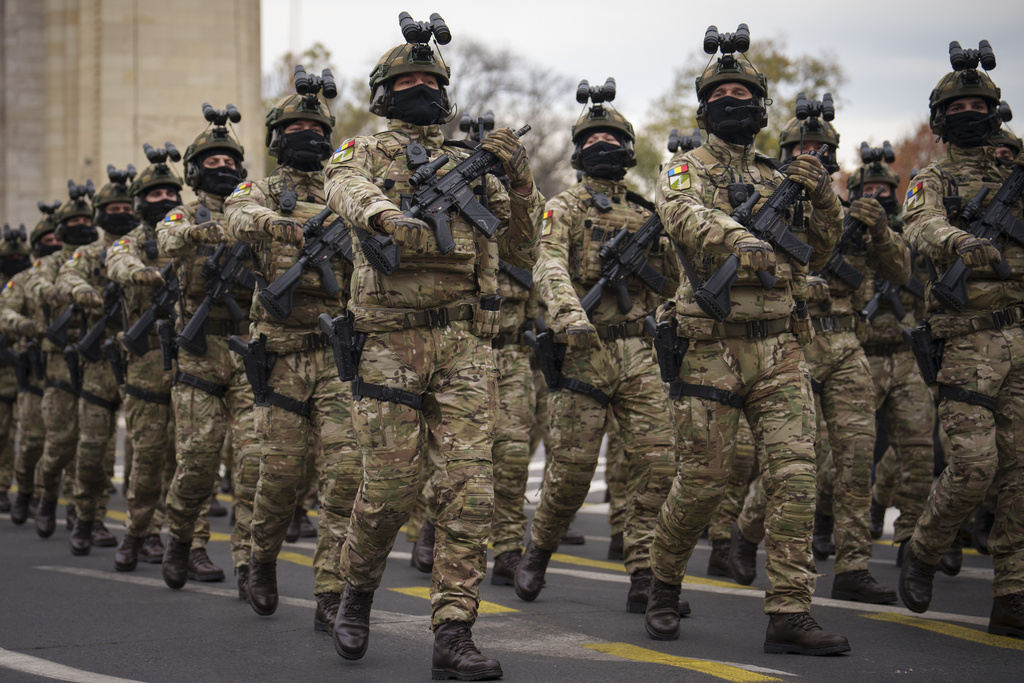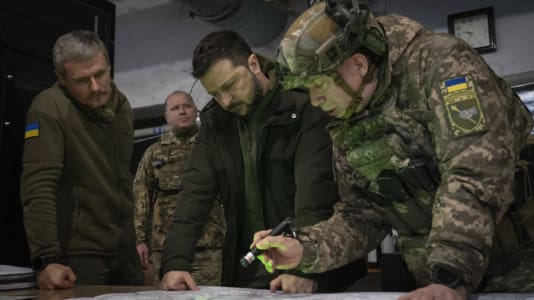Jacek Siewiera, the head of Poland’s National Security Bureau (BBN), warns there is a critical need for eastern NATO countries to prepare for potential confrontations with Russia within the next three years, citing a more imminent threat than previously estimated.
In an interview with the Catholic newspaper Nasz Dziennik, Siewiera said the urgency for eastern NATO countries to prepare for a potential conflict with Russia. He indicated a three-year time horizon for these preparations, a significantly shorter period than the five-year window suggested by a German Council on Foreign Relations report.
Siewiera highlighted the continuous efforts of the Russian defense industry, which “operates around the clock and is capable of replenishing its arsenal within three years.”
This assessment, he claimed, aligns with analyses from the United States, but contrasts with the more optimistic timelines suggested by German analysts. He argued that to avoid war and effectively deter aggression, Eastern NATO countries must adopt a shorter, three-year preparation plan to develop a strong and clear deterrent potential.
The chief of the BBN also discussed the relationship between Poland’s president and the country’s new parliamentary majority, which holds different views on many issues. He noted that while there may be differences in opinion, the fundamental directions of national security, including army formation, troop expansion, and modernization, are expected to be respected.
Siewiera addressed criticisms from the opposition, which has recently gained a majority in the Polish parliament, regarding the Ministry of Defense’s procurement policies. Specifically, he countered the argument that the purchase of 500 HIMARS (High Mobility Artillery Rocket Systems) was excessive, explaining that comparisons should be made with the current wartime context rather than peacetime production figures.
Responding to questions about the president’s potential actions if the new government decides to limit military purchases after reviewing contracts, Siewiera emphasized the importance of not disrupting defense contracts without considering the real needs of the armed forces and operational planning.






